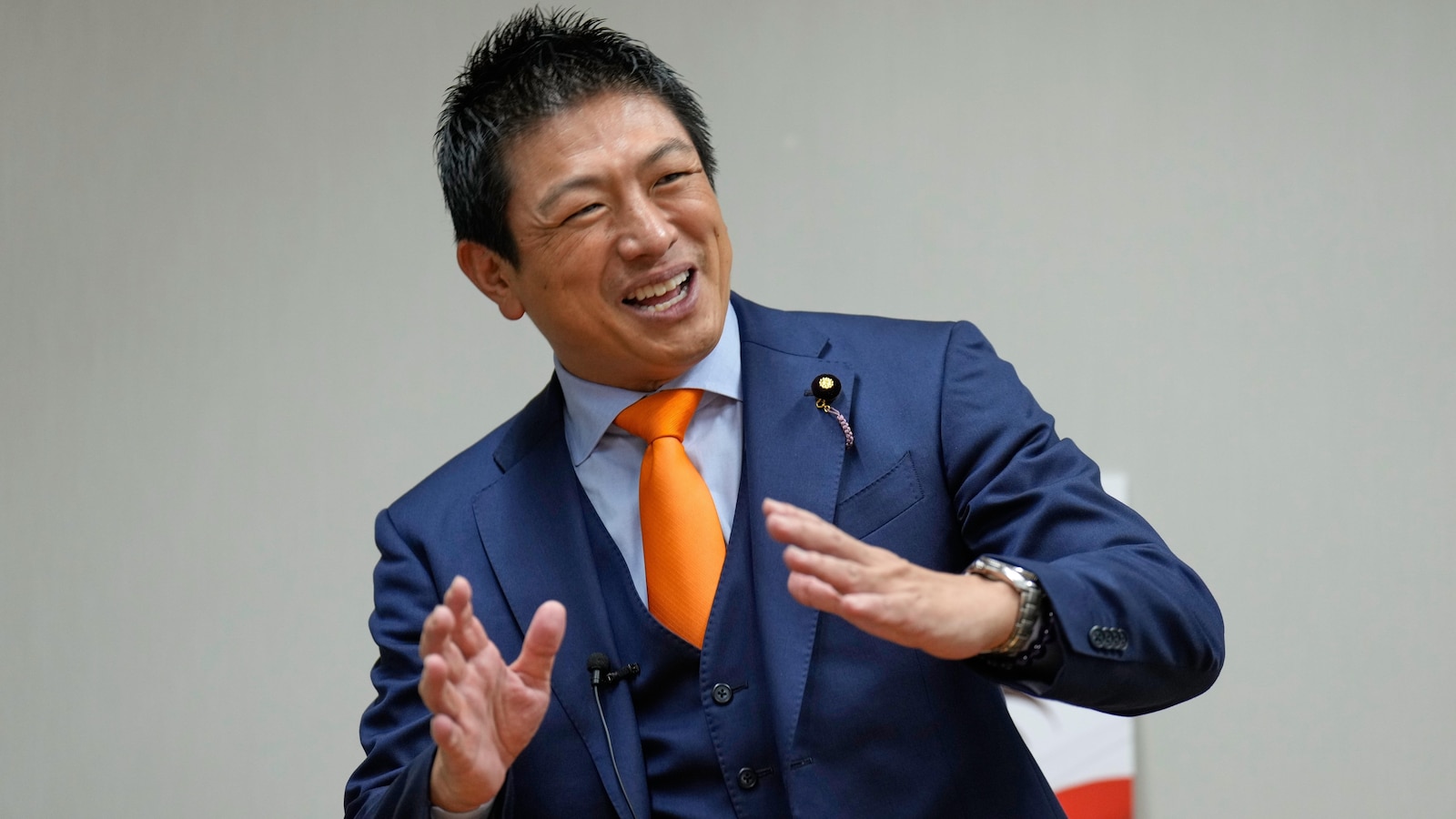Outside a train station near Tokyo, hundreds of people cheer as Sohei Kamiya, head of the surging nationalist party Sanseito, criticizes Japan’s rapidly growing foreign population.
As opponents, separated by uniformed police and bodyguards, accuse him of racism, Kamiya shouts back, saying he is only talking common sense.
Sanseito, while still a minor party, made big gains in July’s parliamentary election, and Kamiya’s “Japanese First” platform of anti-globalism, anti-immigration and anti-liberalism is gaining broader traction ahead of a ruling party vote Saturday that will choose the likely next prime minister.



Basically, a shrinking population is good for the people, because there’s fewer people among which to divide the resources that the land can provide, so on average that should mean more resources for people, in other words a lower cost of living (since cost of living depends on resource availability). And it also means that there’s less supply of human labor on the labor market, and by the rule of Supply and demand that means that the prices for human labor (wages) are gonna go up, i.e. people are gonna get paid better for what they do.
That intuitively makes sense, because if your country has 10 million people instead of 100 million, then your CEOs and companies are better gonna treat your workers better or they’re gonna strike, and since there’s fewer other people to replace those workers, their strike would have greater impact and therefore more power.
on top of that, you can’t just assume that there will be a high demand of human labor in the future. You have to assume that automation is going to reduce jobs, so if you don’t also reduce the number of workers, you’re gonna face an unemployment crisis, and that can be very bad for the workers.
More humans = more demand for labor, because there are more needs.
And humans are a resource too, a very important one nowadays. And more humans = more specialization.